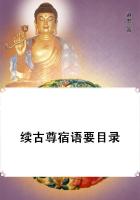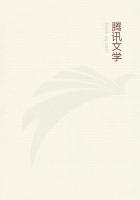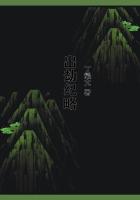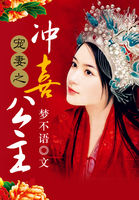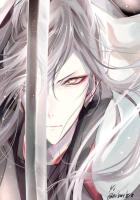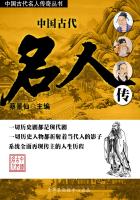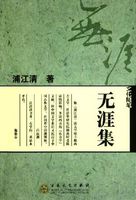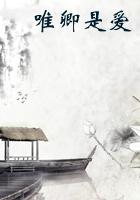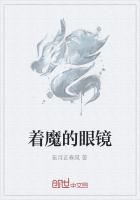Again, the flesh and blood of dead men are commonly eaten and drunk to inspire bravery, wisdom, or other qualities for which the men themselves were remarkable, or which are supposed to have their special seat in the particular part eaten. Thus among the mountain tribes of South-Eastern Africa there are ceremonies by which the youths are formed into guilds or lodges, and among the rites of initiation there is one which is intended to infuse courage, intelligence, and other qualities into the novices. Whenever an enemy who has behaved with conspicuous bravery is killed, his liver, which is considered the seat of valour; his ears, which are supposed to be the seat of intelligence; the skin of his forehead, which is regarded as the seat of perseverance; his testicles, which are held to be the seat of strength; and other members, which are viewed as the seat of other virtues, are cut from his body and baked to cinders. The ashes are carefully kept in the horn of a bull, and, during the ceremonies observed at circumcision, are mixed with other ingredients into a kind of paste, which is administered by the tribal priest to the youths. By this means the strength, valour, intelligence, and other virtues of the slain are believed to be imparted to the eaters. When Basutos of the mountains have killed a very brave foe, they immediately cut out his heart and eat it, because this is supposed to give them his courage and strength in battle. When Sir Charles M'Carthy was killed by the Ashantees in 1824, it is said that his heart was devoured by the chiefs of the Ashantee army, who hoped by this means to imbibe his courage. His flesh was dried and parcelled out among the lower officers for the same purpose, and his bones were long kept at Coomassie as national fetishes. The Nauras Indians of New Granada ate the hearts of Spaniards when they had the opportunity, hoping thereby to make themselves as dauntless as the dreaded Castilian chivalry. The Sioux Indians used to reduce to powder the heart of a valiant enemy and swallow the powder, hoping thus to appropriate the dead man's valour.
But while the human heart is thus commonly eaten for the sake of imbuing the eater with the qualities of its original owner, it is not, as we have already seen, the only part of the body which is consumed for this purpose.
Thus warriors of the Theddora and Ngarigo tribes of South-Eastern Australia used to eat the hands and feet of their slain enemies, believing that in this way they acquired some of the qualities and courage of the dead. The Kamilaroi of New South Wales ate the liver as well as the heart of a brave man to get his courage. In Tonquin also there is a popular superstition that the liver of a brave man makes brave any who partake of it. With a like intent the Chinese swallow the bile of notorious bandits who have been executed. The Dyaks of Sarawak used to eat the palms of the hands and the flesh of the knees of the slain in order to steady their own hands and strengthen their own knees. The Tolalaki, notorious head-hunters of Central Celebes, drink the blood and eat the brains of their victims that they may become brave. The Italones of the Philippine Islands drink the blood of their slain enemies, and eat part of the back of their heads and of their entrails raw to acquire their courage. For the same reason the Efugaos, another tribe of the Philippines, suck the brains of their foes. In like manner the Kai of German New Guinea eat the brains of the enemies they kill in order to acquire their strength. Among the Kimbunda of Western Africa, when a new king succeeds to the throne, a brave prisoner of war is killed in order that the king and nobles may eat his flesh, and so acquire his strength and courage. The notorious Zulu chief Matuana drank the gall of thirty chiefs, whose people he had destroyed, in the belief that it would make him strong. It is a Zulu fancy that by eating the centre of the forehead and the eyebrow of an enemy they acquire the power of looking steadfastly at a foe. Before every warlike expedition the people of Minahassa in Celebes used to take the locks of hair of a slain foe and dabble them in boiling water to extract the courage; this infusion of bravery was then drunk by the warriors. In New Zealand the chief was an atua [god], but there were powerful and powerless gods; each naturally sought to make himself one of the former; the plan therefore adopted was to incorporate the spirits of others with their own; thus, when a warrior slew a chief, he immediately gouged out his eyes and swallowed them, the atua tonga, or divinity, being supposed to reside in that organ; thus he not only killed the body, but also possessed himself of the soul of his enemy, and consequently the more chiefs he slew the greater did his divinity become.
It is now easy to understand why a savage should desire to partake of the flesh of an animal or man whom he regards as divine. By eating the body of the god he shares in the god's attributes and powers. And when the god is a corn-god, the corn is his proper body; when he is a vine-god, the juice of the grape is his blood; and so by eating the bread and drinking the wine the worshipper partakes of the real body and blood of his god. Thus the drinking of wine in the rites of a vine-god like Dionysus is not an act of revelry, it is a solemn sacrament. Yet a time comes when reasonable men find it hard to understand how any one in his senses can suppose that by eating bread or drinking wine he consumes the body or blood of a deity. When we call corn Ceres and wine Bacchus, says Cicero, we use a common figure of speech; but do you imagine that anybody is so insane as to believe that the thing he feeds upon is a god?

